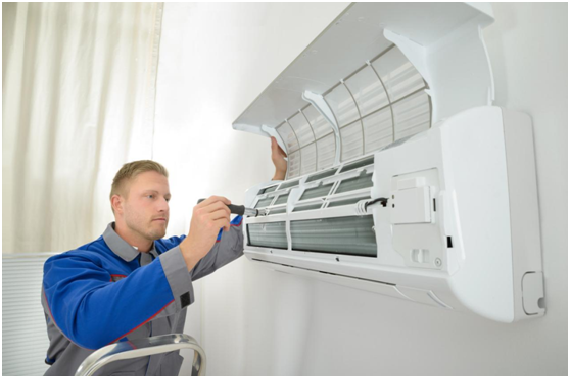Why Do I Need an Attic Ventilation Fan
Wintertime means below-average temperatures and bitterly cold winds, don’t let your house be the target for those elements.
Your home should be tightly sealed during the winter to keep warm air inside and cold air out. Your attic space is no exception, but it needs ventilation to make sure that it doesn’t get too hot on hot days and too cold on cool days.
You may be wondering, can I install an attic ventilation fan.
We’re here to answer that question and more in our guide to the importance of attic ventilation and why you need one.
What are Attic Ventilation Fans
An attic ventilation fan is one of the most beneficial components of your home’s ventilation system. The fan helps to circulate air in the attic and helps to prevent the build-up of heat and moisture. Proper attic ventilation helps extend the life of your roof and prevents ice dams from forming in the winter.
As part of home improvement, vent fans can be installed to prevent mold development in the attic and the living areas below. They can either cool down the attics during summer or minimize ice dams in the winter.
They work both ways,
Passive or Mechanical
There are two main types of attic ventilation fans: passive and mechanical. Passive fans rely on natural airflow to ventilate the attic, while mechanical fans use electricity to move air. Each type of fan has its advantages and disadvantages.
Passive ventilation is typically cheaper and requires less maintenance than mechanical ventilation. However, it is not as effective at ventilating the attic, and it can be affected by things like wind direction. One can choose from dormer vents vs glider vents.
Mechanical ventilation is more expensive to install and maintain, but it is more effective at ventilating the attic. It is not affected by things like wind direction and can be used to cool the attic in the warmer season.
The Downside of Ventilation Fans
The downside of having a ventilation fan is that it can also remove the cool air in your attic and make your house warmer. In the winter months, you may want to turn off your attic ventilation fan to keep the heat in your attic from escaping.
Attic ventilation may reduce attic temperature and slow heat transfer to the living space and so those with ceiling insulation may not need powered vent fans. As it turns out, because the insulation slows heat from moving down into the living space, homes with well-insulated attics may not see a significant reduction in their cooling load when they add attic ventilation fans.
It’s Your Decision to Make
To keep your home’s temperature regulated and your energy bills low, you may need an attic ventilation fan. This fan helps to circulate the air in your attic and prevents the formation of moisture and condensation, which can lead to mold growth. An attic ventilation fan also helps to remove any unwanted smells from your attic space.
Our preferred partner can help you better understand what you need and what you might eventually need. There are always ways to improve the efficiency and value of your home. Call us up and see what we can do together.
For more articles visit: Flashy Info






